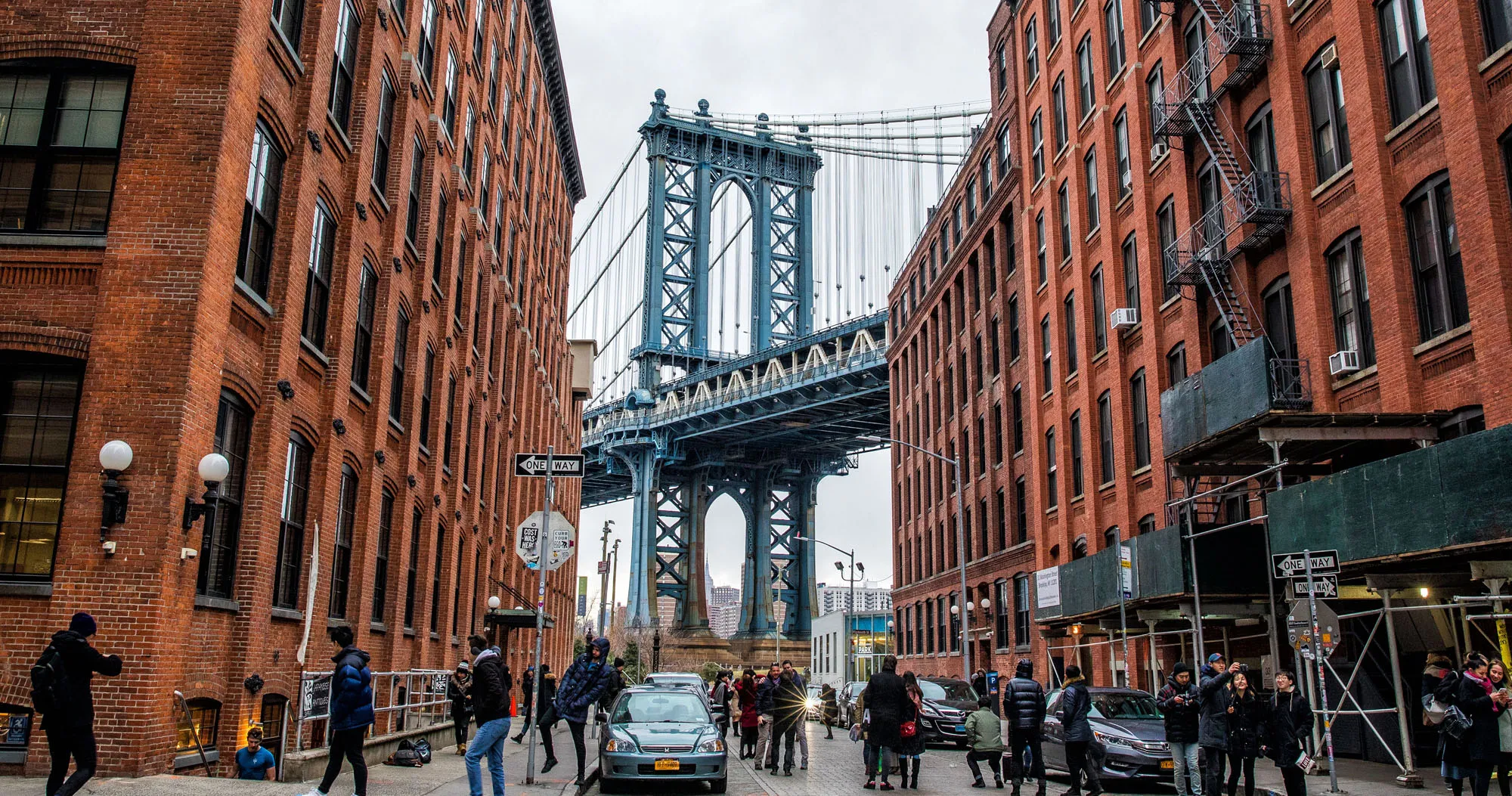#
+ Expand
Analysis
In designing the scenery and costumes...
The problem of representation in art is not a technical one—it is an existential one. It is a problem of desire, of faith, of fear, of time. And yes, of imitation. What is art, after all, but a dramatization of the crisis of being? To represent is already to betray: to freeze movement, to bind breath, to translate presence into absence and absence into symbol. The real world—sloppy, granular, incandescent—gets squeezed into form, into genre, into brushstrokes, into the cold shadow of an outline. Mimesis, which Plato feared and Aristotle defended, is both priest and butcher of truth.
But imitation is not merely the copying of appearances. It is the worship of the surface at the expense of the fire underneath. To imitate is to pretend one understands. And to pretend one understands is, in many ways, the original sin of art. Art is not supposed to reassure you that the world is stable and coherent; it is supposed to tremble at the edge of comprehension, to shake, to blur, to suggest rather than describe. And here, Oscar Wilde—barbed, effete, and cruelly perceptive—puts his finger on the throat of the matter in that sensuous, dagger-laced monologue you’ve pulled from The Picture of Dorian Gray. “What a blessing it is that there is one art left to us that is not imitative!” he says, meaning music, that Dionysian ooze that slips past the intellect and directly into the spinal cord. Music does not represent—it evokes. It moves in you like wine or grief. It doesn’t mimic the world; it resurrects something older than the world.
Wilde loathed realism not because it failed to capture the world, but because it succeeded—too well. Realism for Wilde was cowardice in oil paint, servitude in ink. It was a betrayal of the sensuous, the ideal, the mythic. Wilde understood that representation, when tethered too tightly to the observable, ceases to be a portal and becomes a prison. Dorian Gray, the aesthetic vampire, never ages; the portrait, the representation, bears the burden. This is no accident. Wilde is assaulting the idea that representation is harmless. On the contrary, to represent something truthfully is to kill it, preserve it, and watch it rot behind glass.
What a blessing it is that there is one art left to us that is not imitative!
– Lord Henry
And yet, representation lingers. It’s not just a technique—it’s a moral fantasy. If we could just depict the world correctly, we think, then perhaps we could understand it. We could fix it. This is the hope of journalism, of realism, of documentary art, of sociopolitical satire. But Wilde rejects this fantasy. He wraps his truth in velvet, in sarcasm, in perfume, because he knows that truth, naked and sobbing, is unbearable. Better to seduce than to explain.
The Dorian passage is dripping with irony. “Nothing has been hidden from you… And it has all been to you no more than the sound of music.” In other words, Dorian has lived a thousand lives but felt none of them. Life has been aestheticized, flattened into an eternal now of surface pleasures and artistic poses. This is the danger of art that becomes pure representation—it allows us to consume experience without undergoing it. We become voyeurs of our own existence. Wilde knows this, and he fears it.
And yet, the longing remains—for something that does not imitate, something that is. Music becomes the last refuge. Not because it’s superior, but because it bypasses representation entirely. There are no apples in music, no mirrors, no women standing beside curtains. There are only intervals, vibrations, silences—sensation unchained from imagery. That’s why music can still wound. It can still reach the parts of the soul that have not been taxidermied by meaning.
But here’s the deeper irony: even music, eventually, gets dragged back into the imitative mud. We classify it. We interpret it. We write program notes and academic essays and chord analyses. We hang metaphor on it like meat hooks. Even the unrepresentable becomes, in time, represented. This is the tragedy of all art—that its radical essence is always smothered by its afterlife.
So what then? Is the only pure art the one that vanishes, like a firework or a kiss? Perhaps. Or perhaps the real question is not whether art should imitate, but whether the artist can resist the temptation to make art an answer. To not resolve, to not clarify, to not explain—but instead to sharpen the ache of not knowing. Representation is fine, as long as we remember it is a lie we tell to stay alive. A beautiful lie, perhaps. But a lie nonetheless.
And in that lie, a deeper truth sometimes flickers.
Just ask Marsyas, flayed alive by Apollo for daring to play a flute fashioned from the breath of the gods. Imitation, yes. But with blood.

